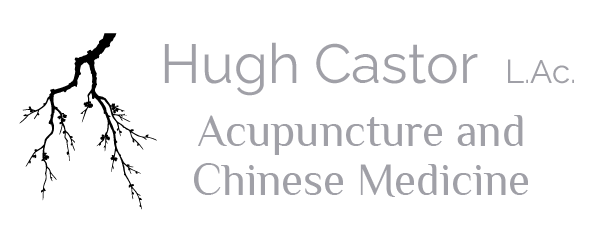How Acupuncture Works
 Acupuncture has been used as a powerful health modality for over 3,000 years. During this period, practitioners of Traditional Chinese Medicine have experienced a wide variety of clinical successes while employing acupuncture as their main tool. Today, acupuncture is receiving wide support from various healthcare authorities as more and more research validates its effectiveness. With all this attention, many people have become curious as to how acupuncture works.
Acupuncture has been used as a powerful health modality for over 3,000 years. During this period, practitioners of Traditional Chinese Medicine have experienced a wide variety of clinical successes while employing acupuncture as their main tool. Today, acupuncture is receiving wide support from various healthcare authorities as more and more research validates its effectiveness. With all this attention, many people have become curious as to how acupuncture works.
There are many explanations as to how acupuncture affects the body. The most popular Eastern belief is that acupuncture works by way of manipulating energy within the body known as Qi. This Qi fills the meridians and is said to animate the tissues, organs, and glands; sustaining and coordinating their activities. Illness is said to arise when Qi becomes blocked or deficient which results in an energy imbalance. Therefore, by stimulating acupoints known to unblock or increase Qi flow, internal energy is balanced and health is restored.
Modern theories focus on Western physiological mechanisms to explain acupuncture’s effect on the body. Over the last decades much research has been conducted seeking to explain just how acupuncture works and what it can and cannot treat. One of the most respected and widely published reports was that of the National Institute of Health’s Consensus Statement on Acupuncture. It stated that “studies have demonstrated that acupuncture can cause multiple biological responses, mediated mainly by sensory neurons, to many structures within the central nervous system. This can lead to activation of pathways, affecting various physiological systems in the brain, as well as the periphery.” It went on to suggest that acupuncture “may activate the hypothalamus and the pituitary gland, resulting in a broad spectrum of systemic effects. Alteration in the secretion of neurotransmitters and neurohormones, changes in the regulation of blood flow both centrally and peripherally, and alterations in immune functions have been documented.” Stated more simply, the NIH’s Consensus Statement essentially says that acupuncture’s effects are mediated by the nervous system, neurotransmitters, and hormones. These in turn impact the immune system, circulatory system, endocrine glands, and areas of the brain thereby producing positive health benefits.
Both theories are applied depending on the training and philosophies of practitioners and are generally employed clinically with great effectiveness. Studies have shown acupuncture to treat a wide variety of issues in the respiratory, circulatory, endocrine, gastro-intestinal, gynecological, metabolic, neurological, musculo-skeletal, and immune systems. As technologies are developed that have a much greater degree of sensitivity, we are learning more about how acupuncture works. The most recent example used active MRI to study the effects of acupuncture on the brain. This work has provided the research community with some very interesting discoveries that challenge conventional theories on how acupuncture achieves its effects. Work such as this will advance our understanding not only acupuncture, but the body itself.
Thanks for reading! Check back soon for another informative article.
